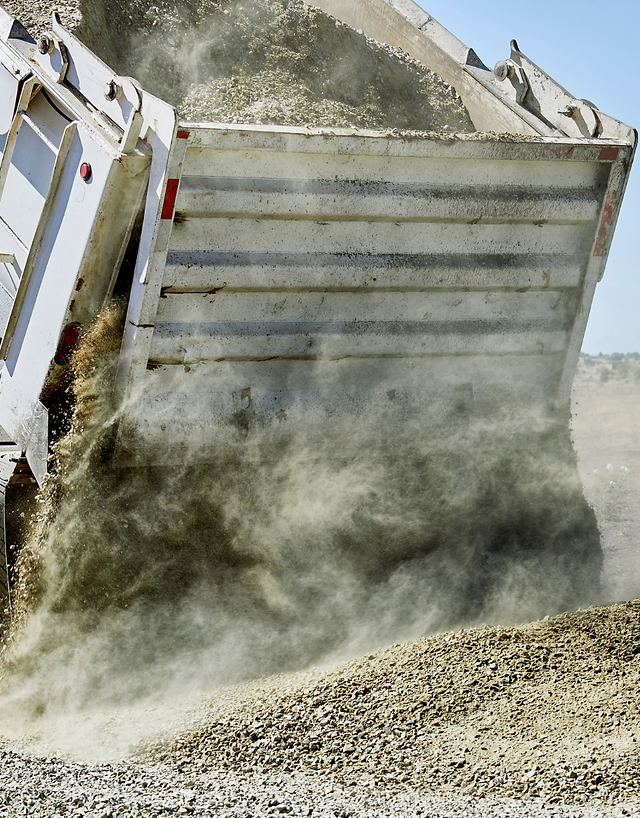Landowners often find themselves navigating a complex web of decisions, especially when it comes to development projects or land management. Amidst the multitude of tasks, one often overlooked but crucial player in this process is the dirt broker. Their role is indispensable, serving as a bridge between landowners and the essential resources needed for various projects. Understanding their importance is key for any landowner looking to maximize the potential of their property. Dirt brokers specialize in the procurement and management of soil, gravel, and other earth materials necessary for construction, landscaping, and infrastructure projects. Their expertise lies in sourcing the right type and quantity of dirt at the best possible price, while also ensuring its quality and suitability for the intended purpose.
Expertise in Soil Management – Soil composition varies greatly from one location to another, and understanding these differences is crucial for any construction or landscaping project. Dirt brokers possess in-depth knowledge of soil types, their properties, and how they interact with various environmental factors. This expertise allows them to recommend the most suitable soil for a specific project, ensuring its long-term success.

Cost Savings – Procuring dirt may seem straightforward, but the costs can quickly add up, especially for large-scale projects. Dirt brokers leverage their industry connections and negotiating skills to secure competitive prices from suppliers. Additionally, they can advise on cost-effective alternatives without compromising quality, helping landowners optimize their budgets.
Streamlined Procurement Process – Coordinating the delivery of dirt involves multiple logistics, including transportation, timing, and compliance with regulations. Dirt brokers handle these complexities, ensuring a smooth and efficient procurement process from start to finish. This frees up valuable time and resources for landowners to focus on other aspects of their projects.
Risk Mitigation – Using unsuitable or subpar dirt can have costly consequences, ranging from structural issues to environmental damage. Dirt brokers conduct thorough assessments of soil quality and suitability, mitigating the risk of potential problems down the line. By adhering to industry standards and regulations, they help landowners avoid costly delays and legal complications.
Access to Network of Suppliers – Dirt brokers maintain extensive networks of suppliers, including quarries, construction companies, and soil testing laboratories. This network gives landowners access to a wide range of resources and expertise that may not be readily available otherwise. Whether it is sourcing specialized soil blends or arranging for soil testing, dirt brokers connect landowners with the right partners for their specific needs and get Free Quote.
Environmental Considerations – Sustainable land management practices are becoming increasingly important in today’s world. Dirt brokers are well-versed in environmental regulations and can advise landowners on eco-friendly soil management techniques. From erosion control to habitat preservation, they help minimize the environmental impact of land development projects.
Project Optimization – Ultimately, the goal of any land development project is to maximize its potential value. Dirt brokers play a crucial role in achieving this objective by optimizing soil selection and management strategies. Whether it is enhancing fertility for agricultural land or improving drainage for urban development, their expertise adds value to every stage of the project lifecycle.